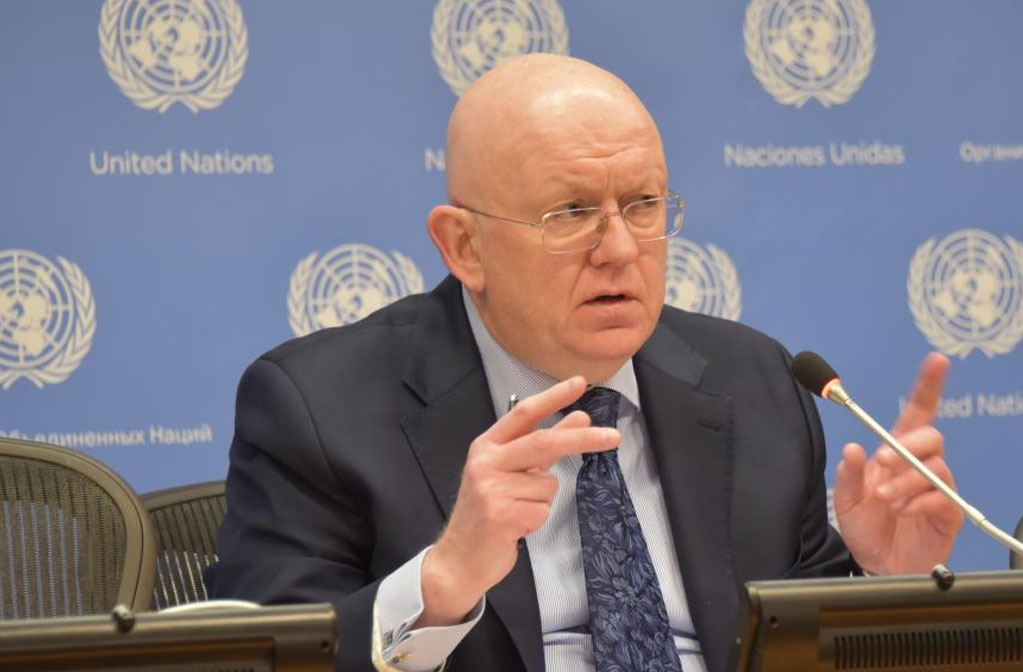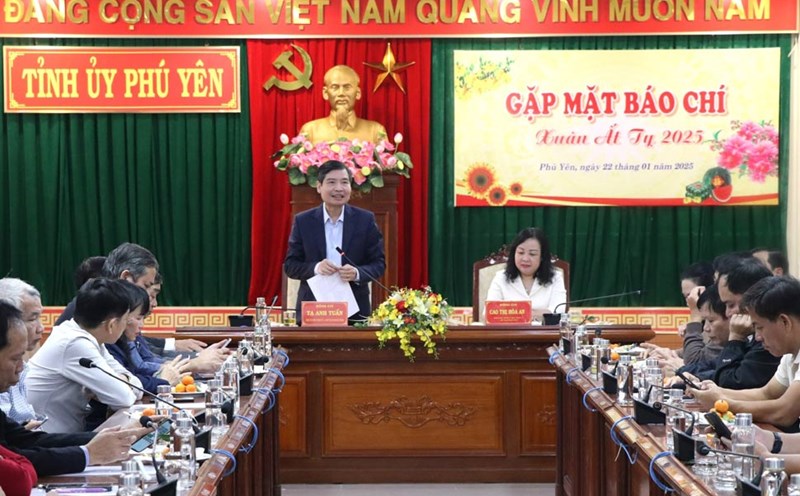RT reported that on February 10, Russia's ambassador to the United Nations, Mr. Vassily Nebenzia, warned that Moscow will consider any foreign military forces currently deployed in Ukraine as legitimate targets on the battlefield.
Mr Nebenzia also dismissed rumours about the possibility of deploying peacekeepers in Ukraine, as British Prime Minister Keir Starmer and French President Emmanuel Macron discussed the plan last month.
In another development, German Chancellor Olaf Scholz said last week that any discussion about sending German peacekeepers to Ukraine would be “premature and inappropriate.”
According to Mr. Nebenzia, the condition for establishing a peacekeeping force in any country must be through the authorization of the United Nations Security Council. Besides, the Daily Telegraph said that this can only be deployed after a ceasefire is achieved.

Meanwhile, as a permanent member of the United Nations Security Council, RT believes that Russia can veto any decision on sending foreign troops to Ukraine.
Previously, there were many articles from the international media suggesting that the deployment of European peacekeeping forces could be part of US President Donald Trump's plan to resolve the conflict in Ukraine. This is seen as a way to delay Ukraine's ambition to join NATO as well as freeze the conflict along the current front line.
On the Russian side, Foreign Minister Sergei Lavrov affirmed that Moscow completely opposes all plans that only delay Kiev's NATO membership and deploy Western troops in Ukraine.
Russia has insisted that Ukraine must commit to permanent neutrality, demilitarization and recognition of territorial realities on the ground. Moscow has also ruled out freezing the conflict, arguing that this would give Kiev and the West the opportunity to rearm and better prepare for another confrontation with Russia.











